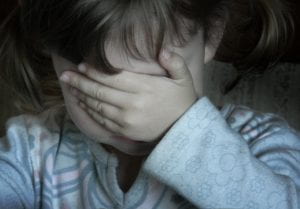 Opioid use has surged during the COVID-19 pandemic. Data show the use of fentanyl and methamphetamine climbed steeply in 2020 and drug overdose deaths jumped by 18% last year.
Opioid use has surged during the COVID-19 pandemic. Data show the use of fentanyl and methamphetamine climbed steeply in 2020 and drug overdose deaths jumped by 18% last year.
The opioid epidemic has serious consequences for millions of Americans. Opioid misuse increases the risk of illness from COVID-19 and leads to long-term consequences for mental and physical health. People who misuse illegal substances are more likely to experience job loss, interpersonal violence, and become involved in criminal activity. [Read more…]
 Transgender
Transgender











